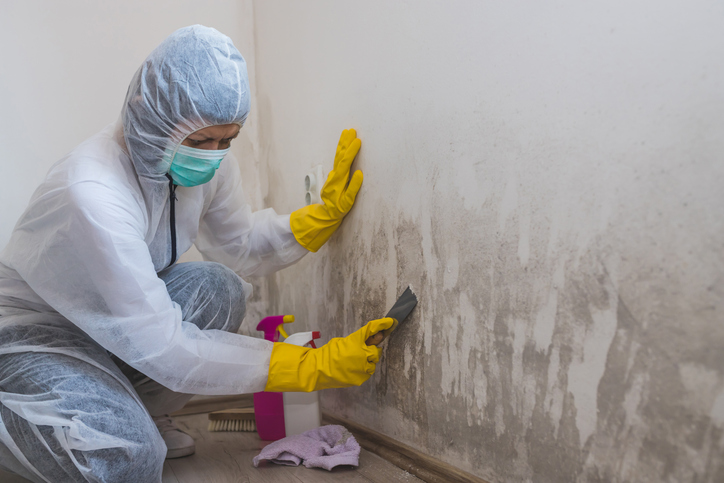High-End Real Estate Defects in Indiana
Almost all construction defects relate back to water or mold intrusion. Whether there is a roofing defect, window deficiency, foundation problem, structural defect or building code violation, these problems result in some type of water intrusion. Water intrusion causes materials inside of the wall cavity to deteriorate or rot, sometimes causing mold. Oftentimes some or all of the material must be removed from the structure. If you have suffered either residential or commercial construction defects resulting in water/mold intrusion, you have legal options.
Highly Experienced Lawyer and Professional Architect
At Brooks Koch & Sorg, we handle construction law defects for high-end real estate cases throughout Indiana. Our lead construction law attorney, Terry Sorg, has more than 25 years of experience in construction defect cases and more than a decade of experience as a practicing architect. This rare blend of expertise is unique and brings a more comprehensive perspective to construction defect cases. He handles both residential and commercial defect matters.
Contact us to discuss your particular water/mold intrusion case with one of our Indianapolis real estate attorneys. We can help you seek damages. Call Terry at (317) 797-7114.
Notice and Opportunity to Cure
There is a 10-year statute of repose for construction defects. Any number of water or mold defects can become apparent to an owner during this 10-year time period. We work with forensic investigators who can examine removed material and determine the cause of damage.
Under Indiana's Notice and Opportunity to Cure statute (IC 32-27-3), when a contractor builds a new home, he or she is required to notify the homeowner of this statute. If a defect is subsequently discovered, a homeowner is required to give the contractor notice and an opportunity to cure. We will notify the contractor to give the builder a chance to fix a defect. If this is not successful, we will litigate against the builder's insurance company. Typically, the insurance company will then file a third-party claim against the contractor.
These types of claims usually involve subrogation claims and CGL insurance policies (Comprehensive General Liability policies). Even if a builder is out of business by the time a suit is filed, the insurance company is open to the claim and recovery is still possible.
Violations of Home Improvement Contract Act
Under the Home Improvement Contract Act (IC 24-5-11), a contract that is more than $150 in work must be in writing. Many times contractors violate this act, which requires specific content and form for home improvement contracts. Other contractual issues we assist with include breach of contract, breach of warranty and negligence claims.
Contact Construction Law Attorneys Indianapolis, Indiana
If your home or commercial property has been damaged due to water or mold intrusion, seek legal assistance from a professional who is both a lawyer and an architect. Contact lawyer and professional architect Terry Sorg by calling (317) 797-7114.




